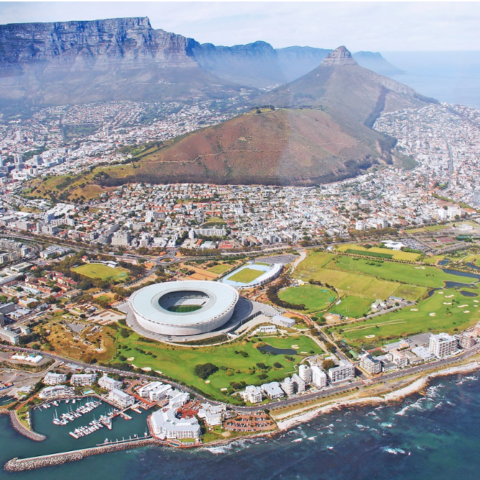By: Aashka Dave
As continued protests and violence in Turkey draw the attention of the world, Turkish media has taken a break. Indicative of the self-censorship that has characterized Turkish media for years, prominent news networks — including CNN Turk, Habertürk, and NTV — have been running stories on penguins, mental health, and cooking.
Given the nature of Turkey’s protests and their close resemblance to other notable recent events, such as the Arab Spring and the Occupy movement, these media coverage choices are deplorable at best.
It seems almost fortunate, then, that protesters have another source to turn to: social media. Following the penguin documentary aired by CNN Turk, protesters began to use social media not only to organize protests, but also as their primary means of communication and to highlight the failures of the mainstream media. Penguins have become a symbol of their movement — not only for more rights as citizens, but also for a freer, more representative press.
Protesters have begun using the hashtag #BugünTelevizyonlarıKapat — literally translating as “today the televisions close.” A recent article from TIME also references the impact social media, particularly Twitter, is having in Turkey: “Around 90 percent of all geo-located tweets came from within Turkey. In comparison, only an estimated 30 percent of those tweeting about Tahrir Square during the Egyptian revolution were in the country.”
In fact, social media has become so essential to the protesters that Prime Minister Erdogan has taken to lambasting Twitter: “There is now a menace which is called Twitter. The best examples of lies can be found there. To me, social media is the worst menace to society.”
Although the protesters have found recourse in social media, the questions one must ask about mainstream Turkish media remain: Will it remain relevant? Is there a way for Turkish media to survive in such a politically charged country?
In the short term at least, the answer appears to be “no.” Turkish media has a long history of self-censorship, simply because journalists criticizing the government tend to find themselves jailed. Last year, for instance, the Turkish government released four journalists after having imprisoned them for one year each following their criticisms of Erdogan’s government.
Similar repeat instances have helped create a self-perpetuating cycle in Turkey’s media industry. Journalists are afraid to cover the news because they fear punishment from the government, but as a result of poor news coverage, citizens have started to punish journalists as well. As pointed out by the Committee to Protect Journalists, protesters aggravated with the lack of actual news coverage went so far as to throw stones at a building housing two pro-government news outlets. This incident has created a sort of recalcitrance in other news organizations; no one wants to send out camera crews and reporters when they are bound to be targets.
As things stand, the Turkish media is at a standstill. If they continue self-censorship, they will earn the public’s distrust and resentment. If they report the truth instead of avoiding it, they will face pressure from a regime that, although popularly elected, is certainly not popular anymore.
If the mainstream media continues to evade the issues at hand now, earning the trust of anyone — be it the government or the people — will prove to be a nearly insurmountable challenge. At that point, the media will not be a check on the government or a source of information for the people. Rather, it will be replaced with another source. Right now, that source is social media. Penguins might just be indicative of the shifting balance of power in Turkey’s media.


